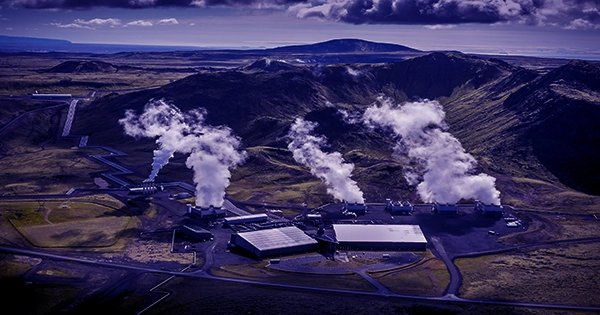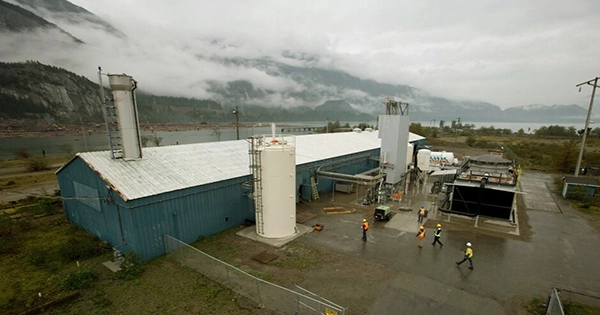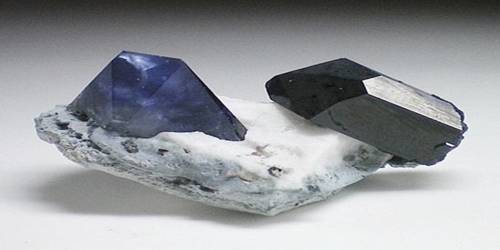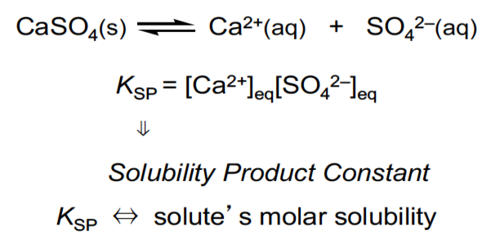Will Burt believes oceans may profit from the same method as you would after a night of pizza and wings.
Burt is the chief oceans scientist of Nova Scotia-based Planetary Technologies, which is looking into ways to inject antacids into the sea to enhance its alkalinity — and, in the process, negate all the carbon it stores from the atmosphere.
“When it comes to carbon dioxide gas,” Burt continues, “the ocean and the atmosphere are more or less in equilibrium with each other.”
“It can and frequently does move freely between the ocean and the atmosphere.” When you add alkalinity, or an antacid, to the ocean, it does precisely what it’s supposed to do: it neutralizes the acid.”
In this situation, the acid being neutralized is carbonic acid, which is formed when carbon dioxide enters the water.

That’s why, according to Burt, the world’s oceans are 30% more acidic than they were before the Industrial Revolution when people began pouring excess CO2 into the sky.
Burt describes the neutralized chemical as bicarbonate, which is abundant in the ocean. Because there is less carbonic acid in the water, it produces a vacuum, sucking more CO2 out of the atmosphere.
“This can be done in a beaker very easily,” he explained. “The overall concept is fairly simple, and the potential… is enormous.”
Burt, who spoke Tuesday at the Canadian Meteorological and Oceanographic Society’s annual meeting in St. John’s, wants to eventually use wastewater treatment plants to carry out the deacidification process by adding large amounts of magnesium hydroxide — already a component of wastewater treatment — to the pipelines that feed water back into the sea.
“What we’re doing is accelerating a natural cycle,” he explained. “Slightly acidic rainwater erosion of rocks on land transports alkaline material, dissolved rock, into the ocean.” That is how the ocean regulates the climate.
“That will happen over millions of years and reduce and remove all of this excess CO2, but we simply don’t have that much time.” So we’re hastening the natural process.”
Evidence must be sound, prof says: However, Gerald Singh, an assistant professor at the University of Victoria, warns that the burden of proving that a climate change solution works should be placed on the firms promoting it.
“Part of the problem [is that it’s] untested at scale,” Singh explained. “There are a number of potential risks associated with that.” Any time you experiment with the acidity of the ocean, you risk harming marine life.”
Singh also warns that exploiting the ocean as a carbon sink may have psychological consequences.
“If we do a bad job of budgeting for carbon, it might give us a false sense of security and think that we can just produce so much because we’re just going to remove so much from the atmosphere,” he said.
“If we’re not doing a good job of accounting for that, then we might actually be adding more carbon dioxide to the atmosphere than we think.”
Burt says Planetary Technologies, which is working with Dalhousie University, is planning a pilot project in Halifax to further test its idea on a larger scale.
If it works, the company would sell carbon credits to polluters, such as airlines, so they can reach net-zero emissions.
“It’s going to be a legitimate tool in the toolbox that can help, alongside the massive emissions reductions that are required,” Burt said.
















